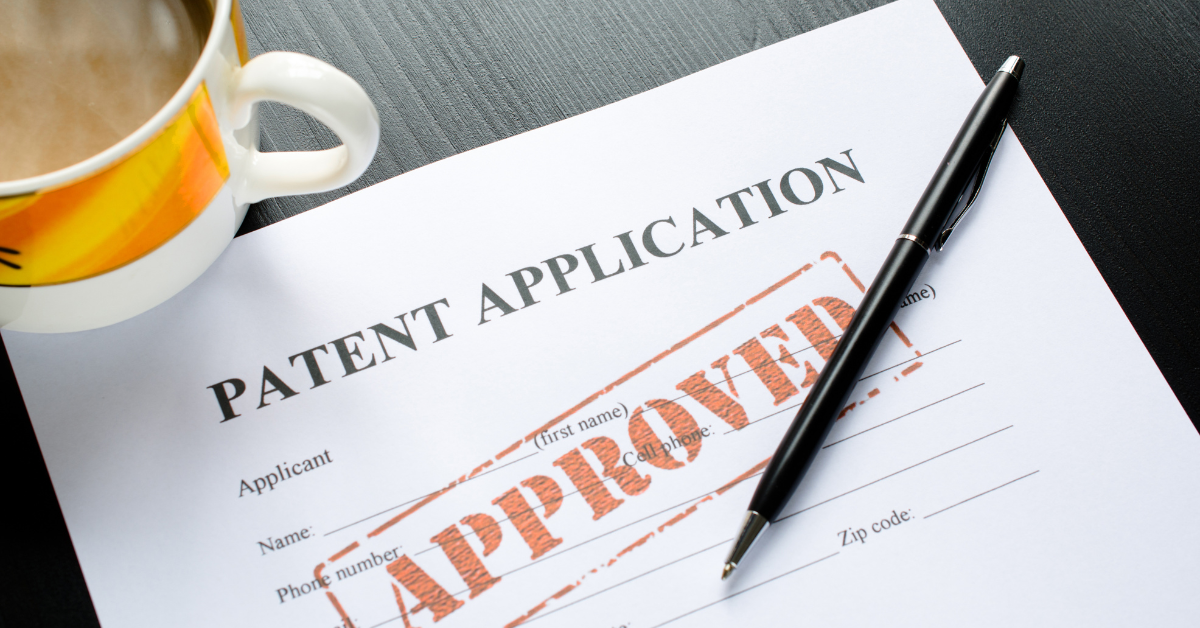Have you ever dreamt up a revolutionary product, only to see a similar one hit the market months later? Patents exist to prevent this nightmare scenario, giving businesses the power to protect their intellectual property. To do this, you have to understand the procedure of patent registration, both globally and locally.
As a growing hub for innovation and economic development in Southeast Asia, Indonesia presents both opportunities and challenges for foreign companies seeking patent rights. For basic guidance, read How a Patent Could Be Registered? first.
Understanding the Nuances of Indonesian Patent Law
Indonesian patent law is governed primarily by Law No. 13 of 2016 regarding Patent. Unlike some international patent treaties, such as the Patent Cooperation Treaty (PCT), Indonesian patent law imposes specific requirements for patentability.
As for patent registration in Indonesia, an invention must meet the standards of novelty, inventive step, and industrial applicability to qualify for patent protection. Here are the details:
-
Novelty
Novelty entails being new and not disclosed to the public anywhere in the world before the filing date.
-
Inventive Steps
The inventive step requirement necessitates that the invention is not obvious to someone skilled in the relevant field.
-
Industrial Applicability
Additionally, industrial applicability mandates that the registered invention can be applied in industry.
While Indonesia adheres to the “first to file” principle like other countries, its emphasis on industrial applicability may differ from the scope of patentability criteria under the PCT.
Despite these nuances, Indonesia’s patent system offers opportunities for innovation and investment. With membership in international treaties like the PCT and the Paris Convention, Indonesia provides avenues for patent protection that extend beyond its borders.
However, several potential challenges for foreign companies should be considered before conducting a patent registration in Indonesia, such as prior art considerations specific to Indonesia.
In Indonesia, prior art searches are conducted by patent examiners using various resources, including:
- Patent Documents – These can be searched through patent databases such as:
- USPTO Patent Database
- Espacenet
- WIPO Patent Database
- Non-Patent Documents
- Indonesian IP Database (IPDL)
Also, it should be noted that for patent registration in Indonesia, there are two main types of patents, each with a different scope:
-
Standard Patents
These patents are granted for novel inventions that involve an inventive step and apply to industries. They protect both goods and processes.
-
Simple Patents
Granted to new inventions that are industrially applicable but may not involve an inventive step. Simple patents are often applied to innovations that improve existing products.
Both standard and simple patents have different durations of protection. Standard patents are granted for a period of 20 years, while simple patents are valid for 10 years. You may use Am Badar & Am Badar’s Patent Service if the procedures seem complicated. You can contact or explore the insights and services for further information.
As for enforcing patents, an unauthorized use can result in significant fines, with penalties of up to 1 billion rupiah (US$67,116) for the standard one and 500 million rupiah (US$33,554) for simple patents.
Prioritizing Filings: National vs. International Strategies
Several factors come into play when deciding whether to file for a patent nationally or internationally in Indonesia. For starters, you have to consider the type of invention, whether it’s hardware or software.
Hardware inventions, such as innovative gadgets or machinery, might benefit more from national filing due to the need for local protection and enforcement.
On the other hand, software inventions, like mobile apps or computer algorithms, could find international filing more advantageous, especially if the target market extends beyond Indonesia’s borders.
Another crucial consideration is the potential for commercialization within Indonesia. If the invention is tailored to the local market and has significant commercial prospects domestically, prioritizing national filing makes sense.
This ensures quicker protection and allows for prompt market entry without worrying about infringement issues. Furthermore, the patent registration process in Indonesia involves several key steps. In general, for national application, here are the procedures:
-
Filing the Application
Inventors must file a patent application with the Directorate General of Intellectual Property Rights (DGIP) or the Administrative of the Directorate of Patent. The application must include detailed specifications, claims, drawings, and descriptions.
-
Examination
The Indonesian Patent Office will conduct a substantive examination of all patent applications to assess their novelty, inventive step, and industrial applicability. This process typically takes around 18 months from the date of receipt of the application.
-
Publication
After 18 months from the filing date, the patent application will be published, allowing interested parties to voice any opposition during six months.
-
Certification
Within 30 months from the request date, the Indonesian Patent Office will approve or refuse the patent application. Simple patents are usually approved within ten months only.
However, leveraging the Patent Cooperation Treaty (PCT) process provides strategic advantages for inventions with global appeal or those intended for widespread distribution.
By initiating an international application, inventors can gain additional time to evaluate their inventions’ commercial viability before committing to national filings. It allows for further refinement of the invention, market research, and securing potential investors or licensees.
Moreover, utilizing the PCT process for international patent registration secures priority rights, enabling inventors to preserve their filing date while exploring international markets.
This can be particularly beneficial for startups or individuals with limited resources, as it offers flexibility and cost-effectiveness in the early stages of patent protection.
Leveraging Indonesian Provisional Applications
So, prioritizing national or international patent filing in Indonesia depends on various factors. However, filing provisional applications in Indonesia offers several advantages for foreign inventors to enter this market, such as:
- Inventors can establish an early filing date, which can be crucial in establishing priority over subsequent filings in other countries.
- It allows one to buy time to refine an invention, gather additional data, or secure funding before filing complete patent applications internationally. This means inventors can secure priority rights for their invention while finalizing details for international applications.
- Filing provisional applications in Indonesia is cost-effective compared to filing complete patent applications at the outset. The initial investment is lower, making it an attractive option for inventors with budget constraints or those who want to test the market first.
Businesses can effectively protect their intellectual property rights while maximizing commercial opportunities by carefully strategizing the timing and approach to patent filings.
For expert guidance for copyright and patent registration in Indonesia, consider consulting with a reputable IP law firm such as Am Badar & Am Badar. We offer Patent Services, Copyright Services, and other comprehensive IP-related services.
Contact us now for consultation or to get more information. Also, check out more informative articles on our Insights page, such as 5 Websites to Conduct an International Patent Search.
Reviewed by Nabil Argya Yusuf






